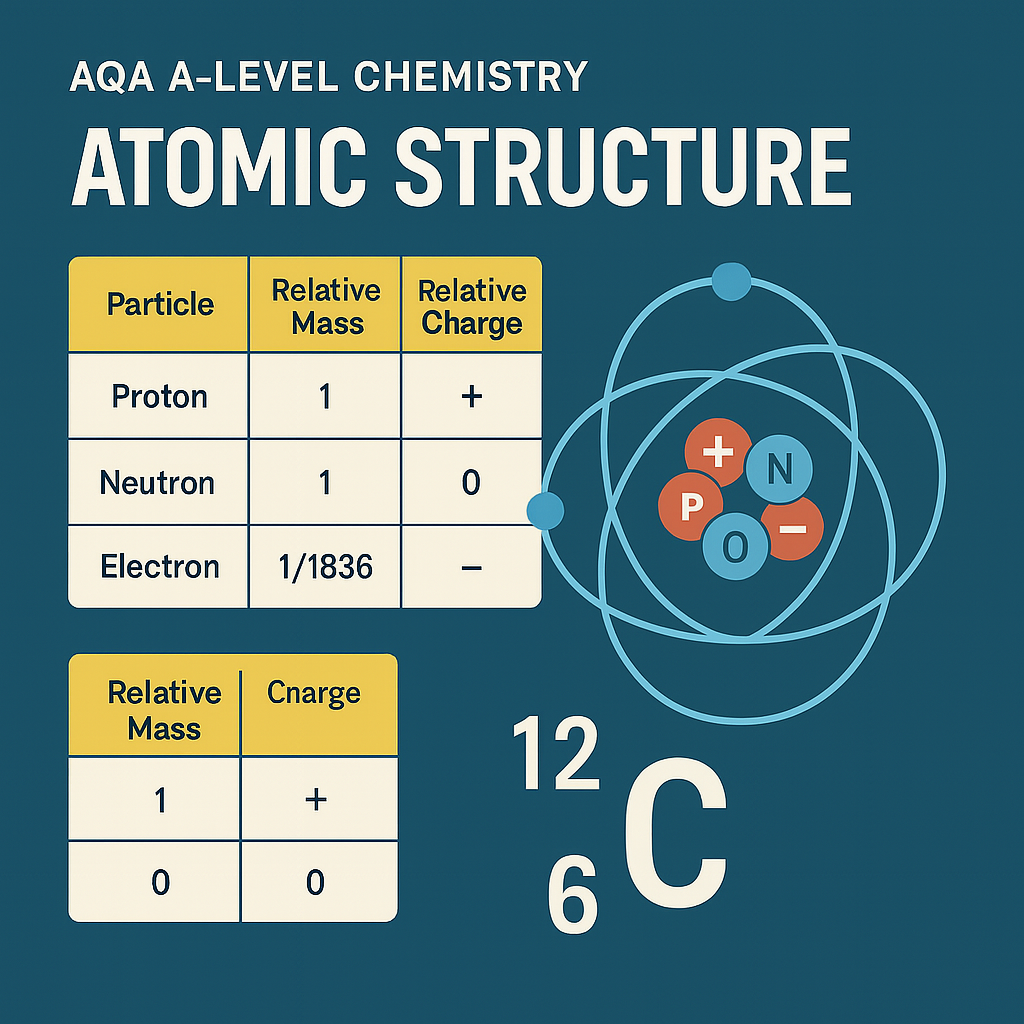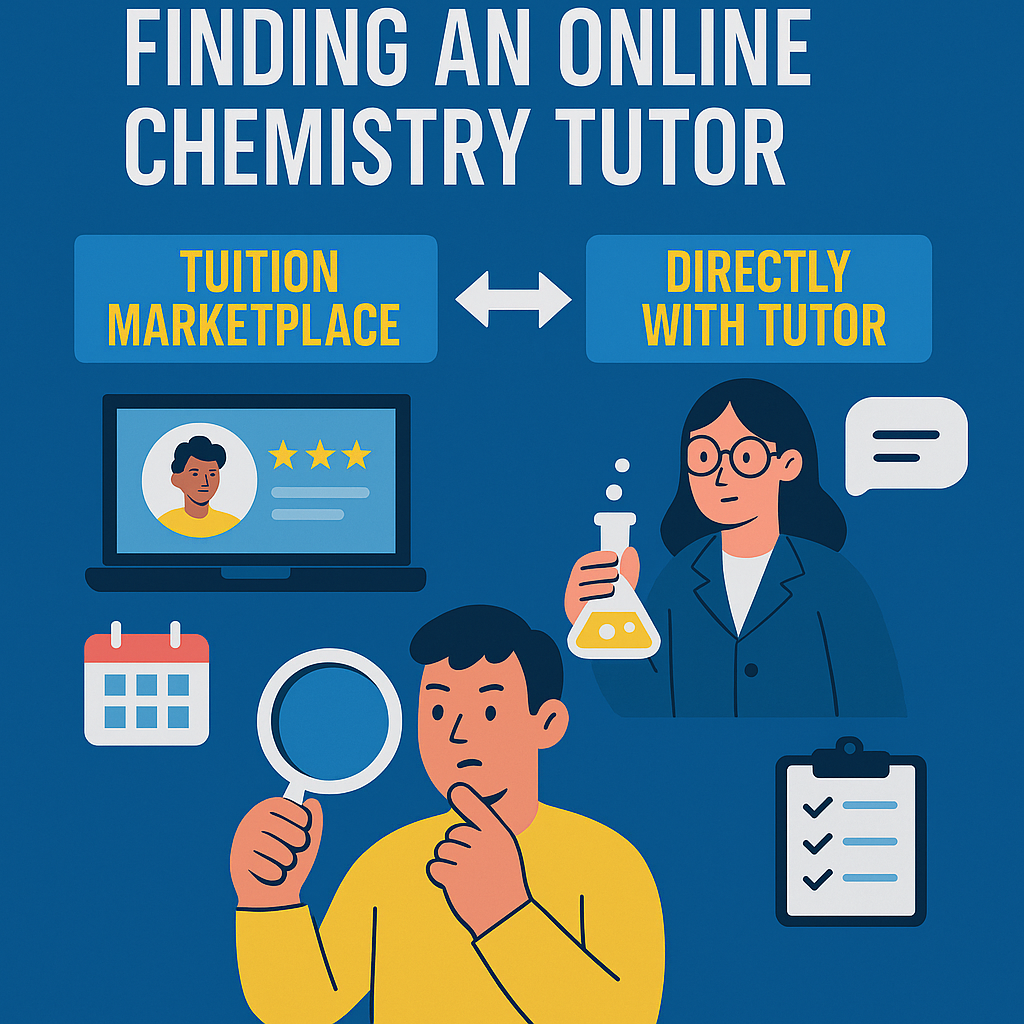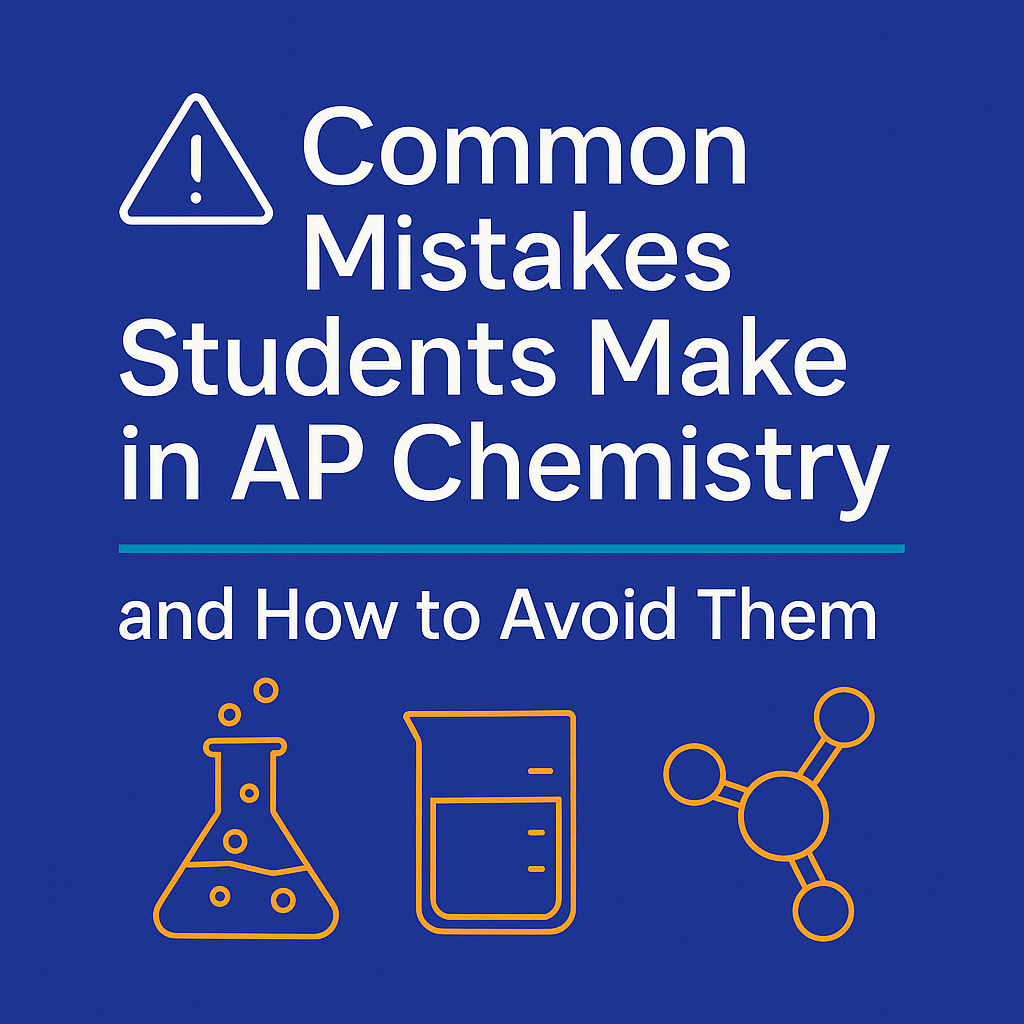How to Study CIE Chemistry at Home: A Guide for Private Candidates
With the right tools, structure, and mindset, home study for CIE Chemistry is absolutely achievable
Studying for CIE Chemistry at home can be empowering—but it also comes with challenges. Without a teacher guiding each lesson or a classroom to keep you on track, it’s easy to feel overwhelmed or unsure where to begin. But with the right structure, resources, and strategies, you can absolutely succeed—and even outperform classroom-based students.
Whether you're preparing for CIE IGCSE or CIE A-Level Chemistry, this blog is your comprehensive guide to home study. You'll learn how to plan, what materials to use, how to approach theory and practical content, and how to prepare effectively for exams.
Who Counts as a Private Candidate for CIE Chemistry?
A private candidate is someone preparing for exams outside a traditional school setting. You may be:
A home-educated student
Re-sitting chemistry independently
Studying while travelling or abroad
Completing CIE Chemistry online without in-person tuition
Whatever your situation, you’ll register for exams through a Cambridge-approved centre, but study the material yourself (with or without a tutor).
Step 1: Understand the CIE Chemistry Syllabus
Before you do anything else, download the official syllabus from the Cambridge International website:
[CIE IGCSE Chemistry 0620 or 0971 (UK version)]
[CIE A-Level Chemistry 9701]
The syllabus tells you:
What you need to learn
What skills are assessed
How many papers you'll sit
The structure and weighting of each paper
It’s your study roadmap. Everything else—your notes, resources, and revision—should be based on this document.
Step 2: Know Which Version You’re Taking
Cambridge offers two types of Chemistry qualifications:
CIE IGCSE Chemistry (0620/0971)
Typically taken in Year 11 (age 15–16)
Available in Core and Extended tiers
Papers: Multiple choice (Paper 1 or 2), Theory (Paper 3 or 4), Practical (Paper 5 or 6)
CIE A-Level Chemistry (9701)
Usually taken over two years (AS + A2)
Papers: 1 (Multiple choice), 2 (AS Theory), 3 (Practical skills), 4 (A2 Theory), 5 (Planning and Analysis)
Check whether you’re entering:
Just AS level (1 year of content)
Full A-Level (AS + A2 combined)
The UK version (0971) or the International version (0620) for IGCSE
This affects which papers you take and what your study plan should include.
Step 3: Gather the Right Materials
You don’t need to spend a fortune, but you do need targeted materials designed for CIE Chemistry—not generic A-Level or GCSE textbooks.
Core Resources:
Official syllabus (your master plan)
CIE Chemistry textbook (endorsed by Cambridge)
Examples: Cambridge IGCSE Chemistry by Roger Norris / Hodder Education / Collins
For A-Level: Cambridge International AS and A Level Chemistry Coursebook by Ryan and Norris
Workbook or revision guide
Lab workbook or practical revision guide
Past papers and mark schemes (from the Cambridge website or Revision Science)
Digital tools to consider:
Flashcard apps like Anki or Quizlet
Online lab simulation tools (e.g. PhET, Save My Exams, or Cognito)
Chemistry YouTube channels (focus on UK or CIE-aligned creators)
Step 4: Build a Study Plan Based on the Syllabus
Split your course content into manageable weekly blocks, ideally 3–4 hours per week for IGCSE and 6–8 hours per week for A-Level.
Organise by:
Topic (e.g. Atomic Structure, Chemical Bonding)
Paper (which paper tests it?)
Skills (e.g. theory, calculations, practicals)
Example: IGCSE Study Block (1 week)
Topic: Acids, Bases, and Salts
Read textbook chapter
Watch an explainer video
Create summary notes
Do a worksheet or 4–5 exam-style questions
Review mark scheme
Create 3–5 flashcards
You can use a spreadsheet or digital calendar to track your progress across the syllabus.
Step 5: Master the Theory First
Chemistry theory makes up the bulk of your marks. Focus on:
Understanding, not just memorising
Writing out definitions and equations
Learning how to explain trends and data
Linking different topics (e.g. structure + bonding + reactions)
Use active recall techniques like:
Writing concept maps
Self-quizzing
Teaching someone else
Explaining aloud as if to a younger student
Avoid the trap of passive learning (just reading or highlighting). Exams reward what you can remember and apply, not what you’ve seen before.
Step 6: Practise Exam Questions Early and Often
CIE Chemistry questions are unique in their:
Style of language
Emphasis on application
Strict mark schemes
You must become familiar with:
Multiple-choice logic
Long-answer formats
Common traps (e.g. missing units, wrong significant figures)
Start using past paper questions from the end of your first topic—don’t wait until revision season. Focus on:
Command words (e.g. state, explain, describe, calculate)
Understanding how marks are awarded
Checking your work against mark schemes
By the time you finish the course, aim to have completed 3–5 full papers under timed conditions.
Step 7: Prepare for Practical Skills (Paper 5 or 6)
As a private candidate, you won't sit a live practical—you'll do a written practical paper instead (Paper 5 for A-Level, Paper 6 for IGCSE).
To succeed, you need to:
Understand apparatus and experiments
Interpret data and graphs
Identify sources of error and improvements
Describe methods and safety precautions clearly
Use:
Lab diagrams and past Paper 5/6 questions
Practical-focused videos (e.g. titrations, heating, measuring gases)
Questions from textbooks with experimental data
Even though you won’t step into a lab, you will be expected to analyse practicals as if you had.
Step 8: Use Flashcards and Spaced Repetition
Chemistry is a subject full of:
Definitions
Reaction conditions
Equations
Units
Key terms and concepts
Flashcards are perfect for drilling these regularly. Use:
Apps like Anki, Brainscape, or Quizlet
The Leitner method (reviewing cards in different intervals based on how well you know them)
Topic-based decks (e.g. “Organic Reactions,” “Bonding,” “Energetics”)
This will keep your memory fresh across weeks and months—ideal for long-term retention.
Step 9: Find a Tutor for Support and Accountability
Even the most motivated students benefit from a guide. A chemistry tutor can:
Help you plan your schedule
Explain difficult concepts clearly
Review your exam responses and give feedback
Keep you accountable week by week
Teach exam technique and model answers
Look for someone who:
Specialises in CIE Chemistry (IGCSE or A-Level 9701)
Knows how private candidates are assessed
Has access to past paper materials and mark schemes
If you're home-educated or preparing alone, a tutor is not a luxury—it’s a strategic investment.
Step 10: Register for Exams Early
You’ll need to book your exams through a Cambridge-approved exam centre. Do this at least 4–6 months in advance.
Key points:
Use the Cambridge International website to find UK centres
Confirm which papers they offer (e.g. Paper 5 vs 6)
Double-check the entry codes (especially for A-Level candidates)
You'll be responsible for:
Entry fees
Travel to the exam centre
Having the right candidate number and ID
Some centres also offer access to lab workshops or mock exams—ask what's available when registering.
Tips for Staying Motivated While Studying at Home
It’s easy to fall off track without a teacher or timetable. Here’s how to stay motivated:
Break big tasks into small, daily goals
Use visual trackers (tick off topics or weeks)
Study in short bursts (Pomodoro technique: 25 mins work, 5 mins rest)
Set milestones (e.g. complete Paper 1 by week 10)
Use study communities or forums (e.g. Reddit r/IGCSE or Discord groups)
Reward yourself for consistency—not just test scores
And remember: progress is more important than perfection.
When Should You Start Studying for CIE Chemistry?
For IGCSE Chemistry, aim for:
12–18 months of preparation if studying from scratch
6–9 months for revision or re-sit students
For A-Level Chemistry, aim for:
18–24 months for full course (AS + A2)
9–12 months for AS or A2 only
6–8 months for revision or retake students with prior knowledge
Don’t underestimate the time needed to understand, not just memorise.
Final Thoughts: You Can Succeed in CIE Chemistry at Home
Private candidates face unique challenges—but also enjoy unique freedoms. You can:
Study at your own pace
Choose the resources that suit your style
Focus on mastering the exam—not classroom admin
With the right tools, structure, and mindset, home study for CIE Chemistry is absolutely achievable—and can be just as successful as a traditional school approach.
Need Expert Help Studying CIE Chemistry at Home?
Book a 15 mins consultation with Dr Marguerite Quinn, experienced online chemistry tutor who specialises in guiding private candidates through the CIE syllabus. Whether you’re preparing for IGCSE or A-Level, you’ll get tailored support, structured planning, and targeted exam preparation that works.





Understand AQA A-Level Chemistry Section 3.1.1.2 on mass number and isotopes. Learn key definitions, isotope notation, calculations, and how this topic builds your scientific and exam skills.